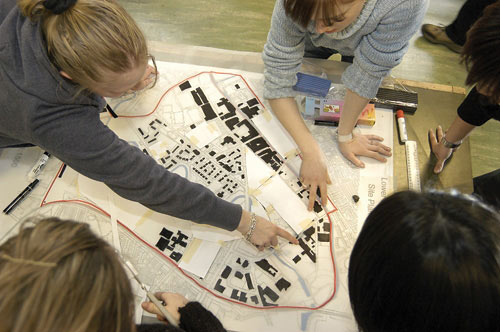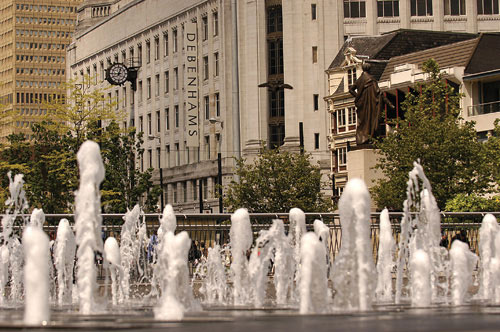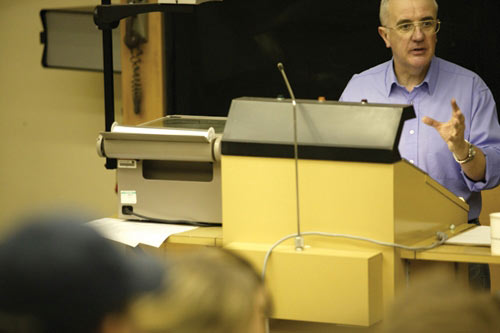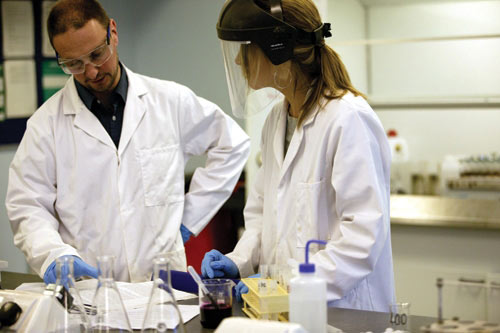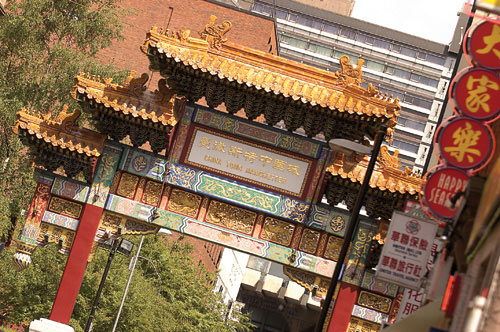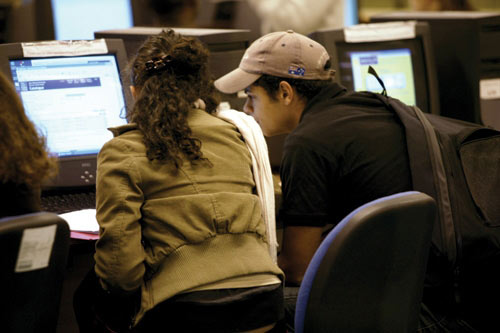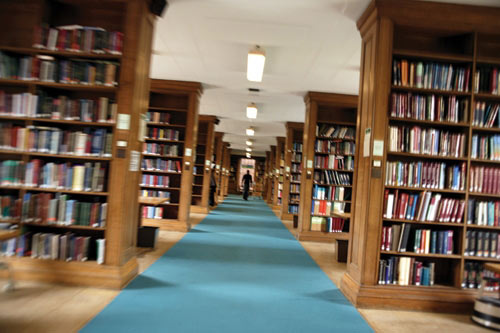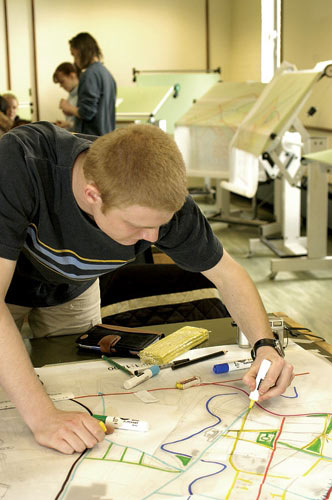The School of Environment, Education and Development (SEED) is an internationally recognised centre of excellence in both research and teaching. Our core aim is to understand, and improve the uneven relationships between society, economy, and the environment.
SEED is a working collaboration between five interrelated specialisms: Architecture, Education, Geography, the Institute of Development Policy and Management, and Planning and Environmental Management. As a school, we encourage each area to retain their own character while developing our combined, interdisciplinary presence.
We are a school of substantial size and diversity with a large and diverse population of talented academic staff, students and researchers. Many of our academic staff have worked and researched both in the UK and overseas, and that experience feeds into our teaching. Indeed, our staff are as international as our teaching itself, with Asia, North America and mainland Europe as well as the UK all represented in our teaching body.
Undergraduate and Postgraduate Programmes
The School of Environment, Education and Development aims to attract the best students to study in Manchester. Our programmes are long established and build on excellence in both teaching and research within the School. Our alumni are highly employable, qualified in their subject areas and proficient in the skills employers are seeking.
The School offers 18 undergraduate programmes, over 60 postgraduate masters programmes, and 3 professional doctorates. SEED is also an increasingly popular choice for PhD students, thanks to the School's seven world-class doctoral programmes in Architecture, Education, Geography, Planning and Environmental Management, Development Policy and Management, and Human and Physical Geography.
Student Support and Facilities
The School is housed in the state-of-the-art Arthur Lewis Building, built in 2007 and located at the heart of the University Campus. The building is equipped with dedicated postgraduate PC clusters, study space, modern research laboratories and a coffee bar, and the John Rylands Library, one of the largest of its kind in the UK, is just a short walk away.
All research, academic and professional training programmes in SEED are assisted by a team of skilled and experienced administrative and technical support staff who are committed to providing an efficient administrative service to support the School's diverse portfolio of activities, and who are available to offer help and advice.
Students in SEED also benefit from excellent study resources, including specialist libraries and computing facilities. A wide range of software resources is available, including personnel management, project management, statistical analysis software packages and GIS facilities. Wireless access to the internet is also available in most University buildings.
Funding
The School offers a limited number of scholarships and awards for students enrolling on undergraduate and postgraduate programmes. SEED students also benefit from a wide range of scholarship opportunities offered by external bodies, especially for postgraduate studies at Masters or PhD level. These include scholarships awarded by the ESRC, NERC, AHRB, the British Council, the Ford Foundation, the World Bank and other national and international organisations.
Careers
When you graduate from the University of Manchester, you will have more than a world-renowned qualification. You will also have developed important skills that will boost your career prospects.
Manchester graduates are highly attractive to a wide range of employers, with almost 4,000 recruiters actively targeting our students and graduates in 2007/08. In fact, according to recent research we are the university most often targeted by Britain's top graduate employers (The Graduate Market in 2009 - High Flyers Research).
In particular, SEED graduates benefit from excellent career prospects in public and private sector organisations and NGOs around the world, including international organisations such as the UN and other large international bodies and corporations, due to their advanced understanding of important contemporary challenges such as climate change, poverty reduction and other issues linked in various ways to the relation between societies, economies and the environment.
In addition to this, the university provides a number of services dedicated to making the most of your employability, such as a Careers Service voted best in the UK for five years running by graduate employers, innovative teaching methods, which give our graduates intellectual and practical skills to prepare them for employment, a wide range of careers fairs, and an experienced team of professional Careers Consultants, including experts on international career issues.











